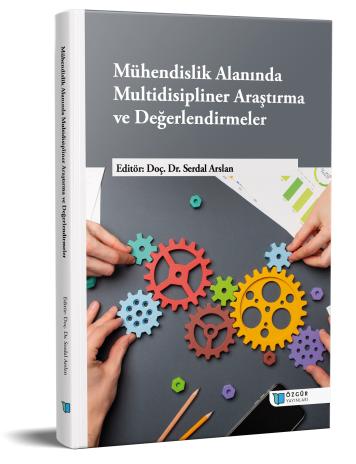
Environmental Transformation through Nano-Biochemistry and Artificial Intelligence: Innovative Solutions and Sustainable Applications
Chapter from the book:
Arslan,
S.
(ed.)
2025.
Multidisciplinary Research and Evaluations in the Field of Engineering.
Synopsis
Under the Green Transformation: Innovations and Sustainable Solutions in Environmental Sciences framework, this study aims to thoroughly explore innovative approaches and applications in environmental sciences and technology. In the contemporary era, ecological challenges such as climate change, biodiversity loss, resource depletion, and pollution emerge as urgent global threats necessitating immediate solutions. Within this context, the study examines the fundamental concepts of environmental sciences, their historical evolution, and their integration with engineering disciplines to provide a holistic framework for ecological sustainability. Innovative applications, including sustainable engineering principles, green technologies, waste management systems, water treatment technologies, air pollution control mechanisms, energy efficiency solutions, and climate change mitigation strategies, are discussed in detail through current case studies and technological advancements. Furthermore, the study addresses biodiversity conservation, achieving environmental justice, and integrating socio-economic dimensions into ecological policies. It evaluates the potential of emerging technologies such as artificial intelligence, big data analytics, and remote sensing in addressing ecological issues, proposing a roadmap for future research directions. Specific attention is given to environmental policies and practices in Turkey, exploring how local sustainability efforts can align with global objectives. Ultimately, the study underscores that ecological sustainability can only be achieved through the collective efforts of science, engineering, policy, and society, highlighting the critical role of interdisciplinary collaboration and innovative solutions.

